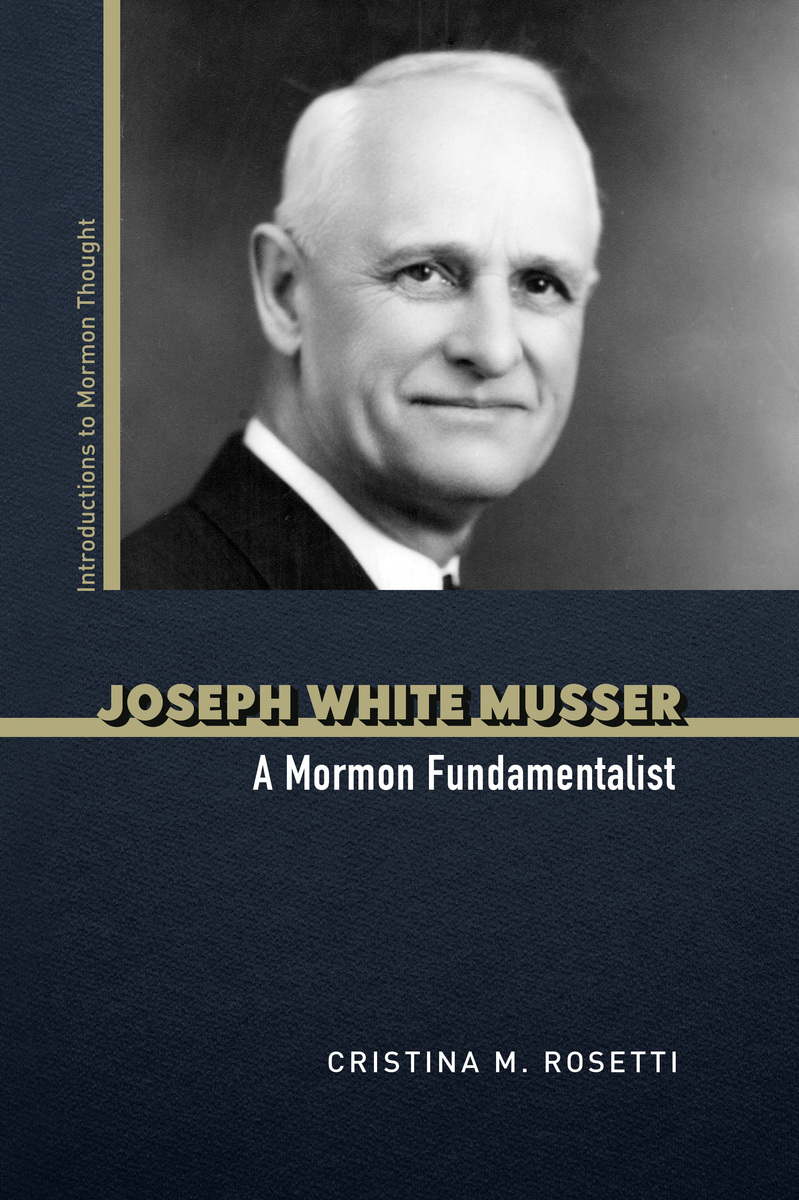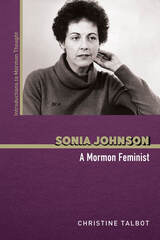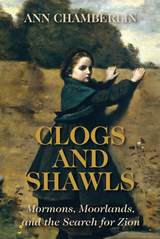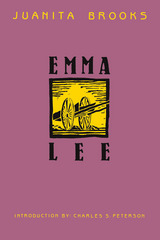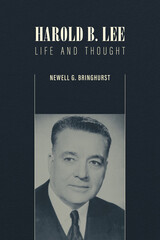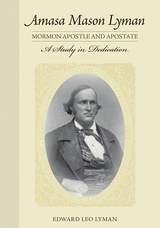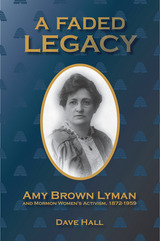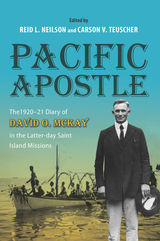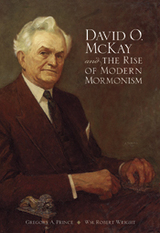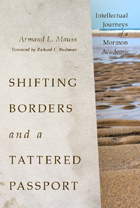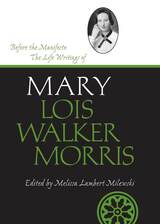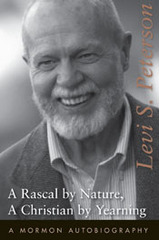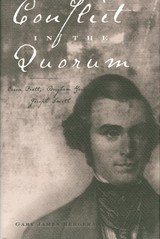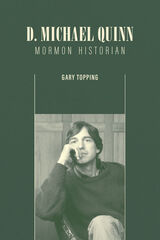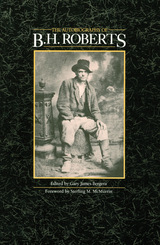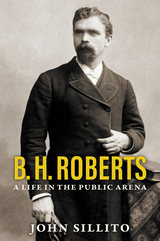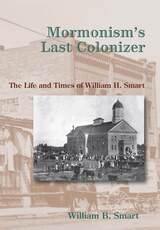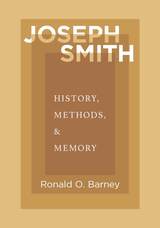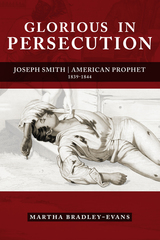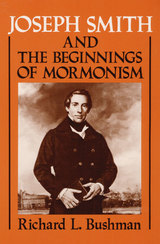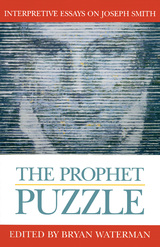Paper: 978-0-252-08775-2 | eISBN: 978-0-252-05530-0 | Cloth: 978-0-252-04563-9
Library of Congress Classification BX8695.M87R67 2023
Dewey Decimal Classification 289.3092
Musser’s devotion to Joseph Smith’s vision and the faith’s foundational texts reflected a widespread uneasiness with, and reaction against, changes taking place across society. Rosetti analyzes how Musser’s writing and thought knit a disparate group of outcast LDS believers into a movement. She also places Musser’s eventful life against the backdrop of a difficult period in LDS history, when the Church strained to disentangle itself from plural marriage and leaders like Musser emerged to help dissident members make sense of their lives outside the mainstream.
The first book-length account of the Mormon thinker, Joseph White Musser reveals the figure whose teachings helped mold a movement.
See other books on: Church of Jesus Christ of Latter-day Saints | Ex-church members | Fundamentalism | Latter Day Saints | Mormons
See other titles from University of Illinois Press
